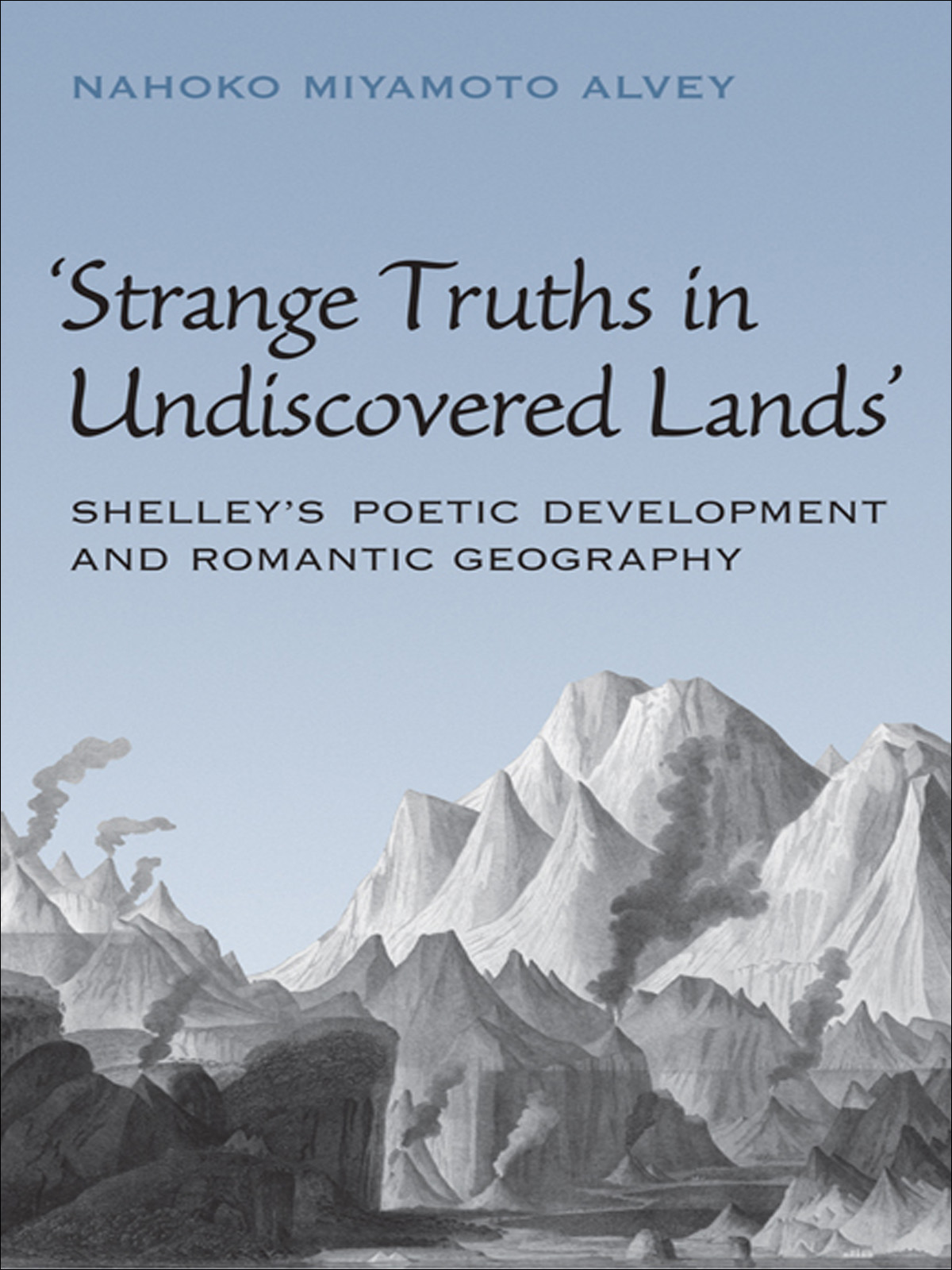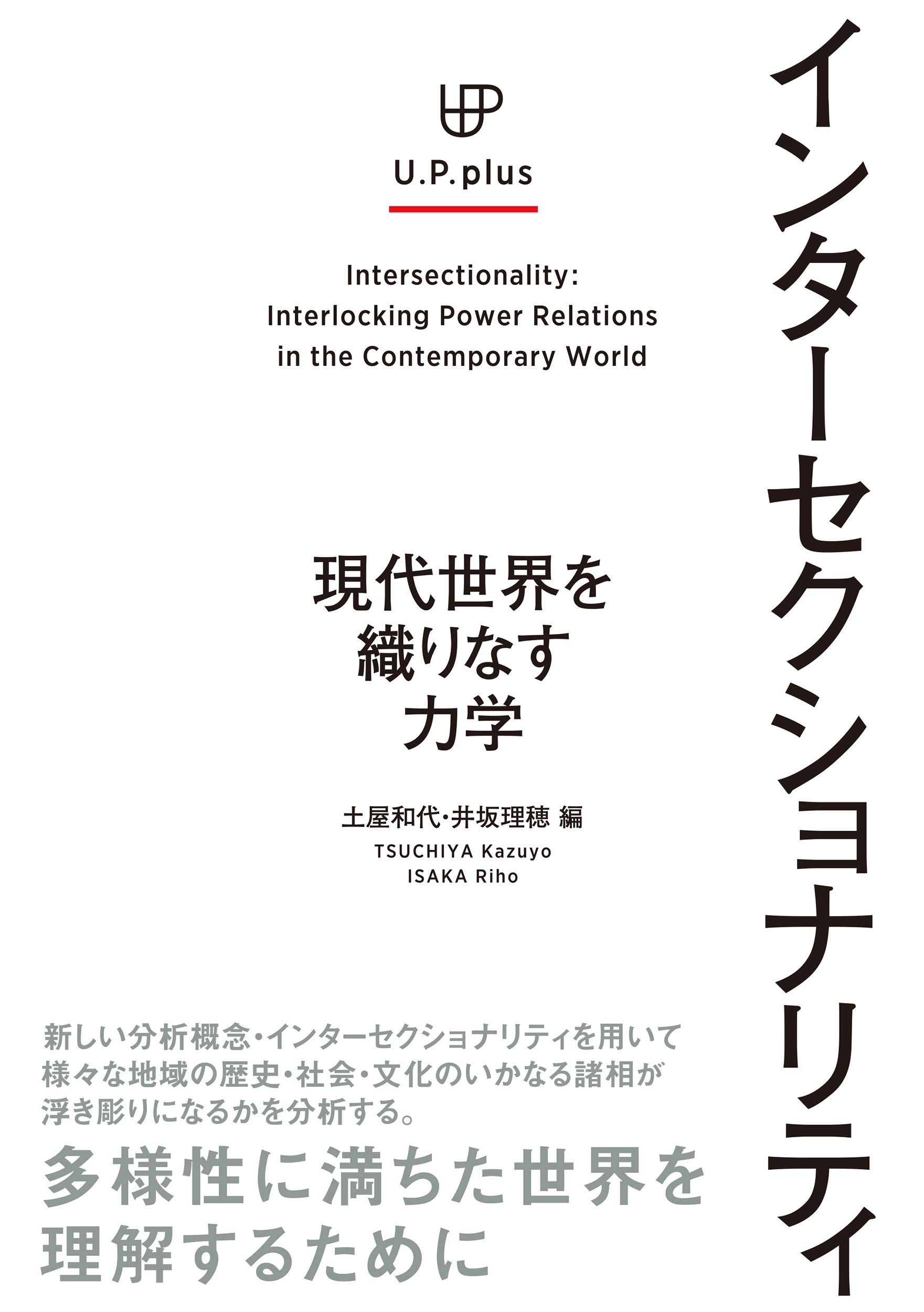
Title
Strange Truths in Undiscovered Lands Shelley's Poetic Development and Romantic Geography
Size
224 pages, hardcover
Language
English
Released
April, 2009
ISBN
9780802039569
Published by
University of Toronto Press
Book Info
See Book Availability at Library
Japanese Page
Recent scholarship in British Romanticism has been drawing critical attention to the ways in which contemporary poets and novelists were, consciously or unconsciously, complicit with the colonial and imperial politics and culture of the British Empire. They were largely imperialistic; Percy Bysshe Shelley (1792-1822), whose beautiful lyrics and idealistic four-act play, Prometheus Unbound, which influenced Gandhi, was no exception. Strange Truths in Undiscovered Lands: Shelley’s Poetic Development and Romantic Geography is the first book-length study that examines how Shelley’s rhetoric of otherness and foreign lands was developed by chronologically tracing his major works, which explore surprisingly vast untrodden lands on the earth, such as the marginalized Wales, Mont Blanc, the Indian Caucasus, and mythical Americas and Africa. The critical approach of this book is based on a new concept that the author calls “Romantic Geography,” with which Shelley tried to provide visionary alternatives and improvements for an earth devastated by an emergent new form of globalization.
In the introductory chapter, the “Romantic Geography” is introduced as “an internalized geopolitical space,” which Harold Bloom’s model of internalized Romantic quest cannot explain. It reflects internalized anxieties of the colonial mind, but offers a different model from that of Nigel Leask’s “anxieties of empire.” The five chapters that follow discuss the themes of the book, imperialism, representations of the European self and foreign others, and cross-cultural hybridization, each chapter focusing on Queen Mab, “Alastor,” “Mont Blanc,” Prometheus Unbound, and “The Witch of Atlas.” The brief concluding chapter connects issues discussed in the main chapters to the predicaments we are experiencing in the present time via “The Triumph of Life.” The book thoroughly details Shelleyan exploratory imagination that questions and opposes the imperial globalizing force in a sphere of “crisis, contestation and failure” for the European self. It emphasizes the uniqueness of Shelley’s imaginary sphere in which the disempowered European self has a chance to question and revitalize itself through the encounter of embodiments of marginalized foreign others, often represented by a feminized Eastern power.
The highlight of the book is an in-depth analysis of Prometheus Unbound, whose title character first appears in the poem as bound on the Indian Caucasus. The author demonstrates that Prometheus, who represents European intellect and liberation, needs to be complimentary to Asia—his lover, who is a minor Eastern deity—and that his full liberation cannot be realized without Asia’s active role as questor/explorer. The utopian redemption of the devastated earth requires recognition of each other’s importance and cooperation. Asia has to be recalled by the bound Prometheus, and Prometheus has to be liberated by Asia and together they can reclaim “cancelled cycles” of desolate histories of the earth (Prometheus Unbound 4.289).
The critical strength of Strange Truths in Undiscovered Lands lies in its close reading of the texts and rich intertextuality that establish the context of literary works by Shelley and other Romantics through relevant contemporary travel books and reports, scientific treatises, historical and archival material. The book contributes greatly to Shelley scholarship as well as Romantic Studies by providing fresh and insightful viewpoints for the age of Romanticism. Beyond Romantic Studies, its merit lies in its attempt to see emergent problems of the Romantic age as early manifestations of a new type of globalization and cultural imperialism in our age.
(Written by Nahoko Miyamoto Alvey, Professor, Graduate School of Arts and Sciences / 2020)
Table of Contents
List of Abbreviations
A Note on Shelley Texts
Introduction
1. Queen Mab: The Female Dreamers and a Pathless Wilderness
2. ‘Alastor’: A Solitary Quester and a New Eastern Geography
3. ‘Mont Blanc’: The Questioning Traveller and a Visionary Geography of Chamonix
4. Prometheus Unbound: The Eastern and Western Lovers on the Highest Mountain
5. ‘The Witch of Atlas’: The Hybrid Explorer and Shelley’s Joyous Challenge
Conclusion
Notes
Bibliography
Index
Related Info
Nicholas Birns, rev. of Nahoko Miyamoto Alvey, Strange Truths in Undiscovered Lands: Shelley's Poetic Development and Romantic Geography (Toronto: University of Toronto Press, 2009), pp. 264. £35.00 hardback. 978-0-8020-3956-9. Studies in Romanticism, vol.51:2 (Summer 2012): 296-300
Kaz Oishi rev. of Nahoko Miyamoto Alvey, Strange Truths in Undiscovered Lands: Shelley's Poetic Development and Romantic Geography (Toronto: University of Toronto Press, 2009), pp. 264. £35.00 hardback. 978-0-8020-3956-9 Romanticism vol.17:2 (July 2011)



 Find a book
Find a book


